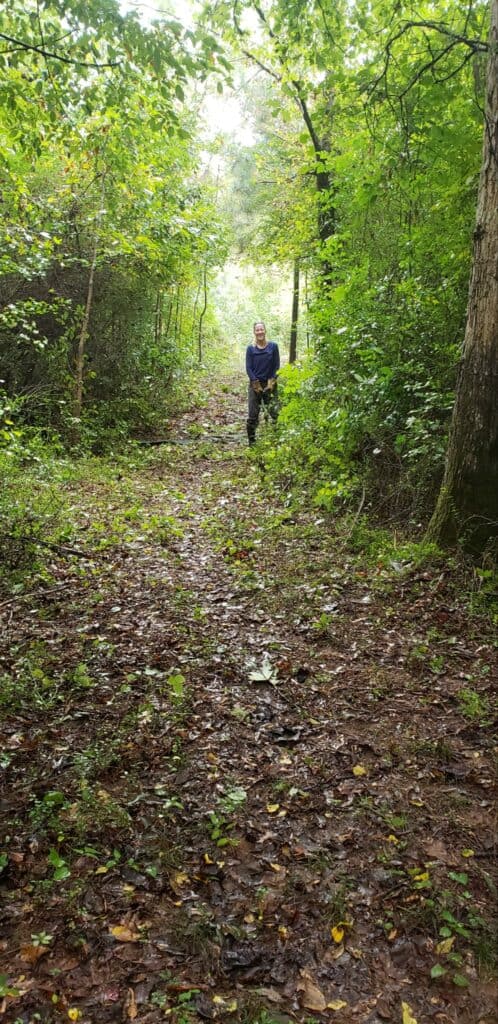 ELCR.org - full articleSeptember 27, 2022
ELCR.org - full articleSeptember 27, 2022by ELCR
By Laurel A. Florio for Equine Land Conservation Resource
So many aspects of equine activities, such as sport horse training, ranching, or recreational riding, rely on large areas of land; be it for grazing, riding arenas, turn-out or, to a smaller degree, trail access. Sometimes land-locked forests provide fabulous multi-use opportunities for riders to enjoy the trails, but oftentimes access is restricted to trailer parking gateways. The need for trail access over privately-owned land is essential to equine use, and the lack thereof threatens to minimize trail availability in many parts of the country. This article provides a good basic overview for anyone interested in learning more about how trail easements can support equestrian access.
Access to Land
Community conservation is a catchphrase that highlights the benefits of land conservation for an entire community. For example, the conservation of a farm benefits not only that landowner but the entire community by providing open space, aesthetic, and natural beauty values. Similarly, the concept of community conservation can lend itself to the establishment of trail easements over private lands, highlighting the communal engagement necessary to maintain trail access and the bucolic nature of the area
Many private landowners may be willing to conserve specific areas of land for the exclusive use of trails or trail access. The coming together, for example, of a rural community to encourage linking trail easements to accommodate such access is common. To make this happen, landowners will grant a conservation easement over a trail (trail easement) allowing access to larger trail networks or just the continuation of a rural trail. Conservation easements are very common over large swaths of land and are becoming more common to protect the strips of land making a trail network...
Read more here:
https://elcr.org/equine-trail-easements-the-good-the-bad-and-the-muddy/
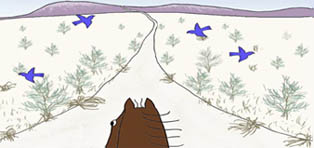

 Photo by Paul Bersebach, Orange County Register/SCNG
Photo by Paul Bersebach, Orange County Register/SCNG

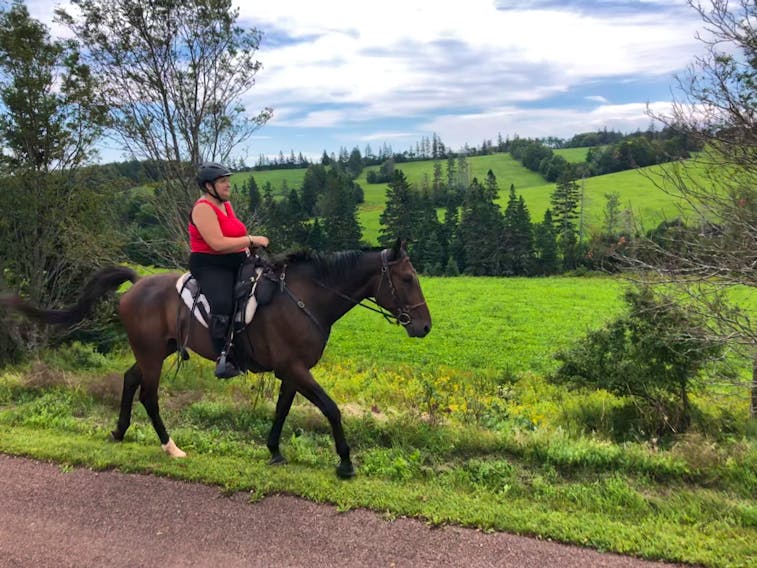
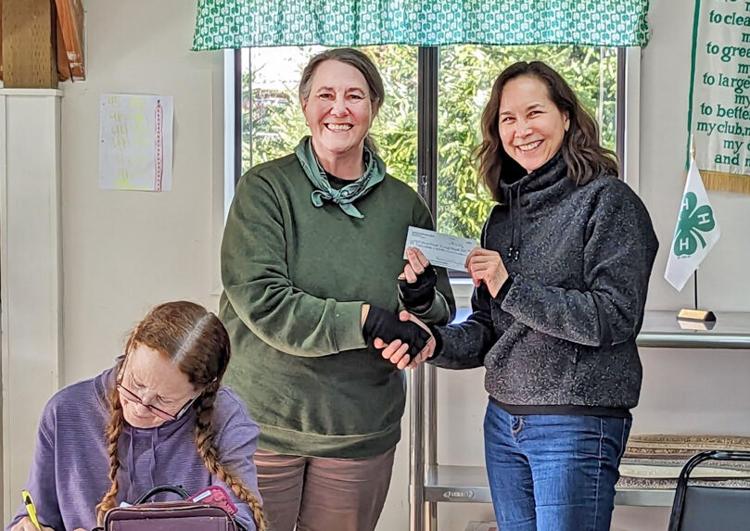
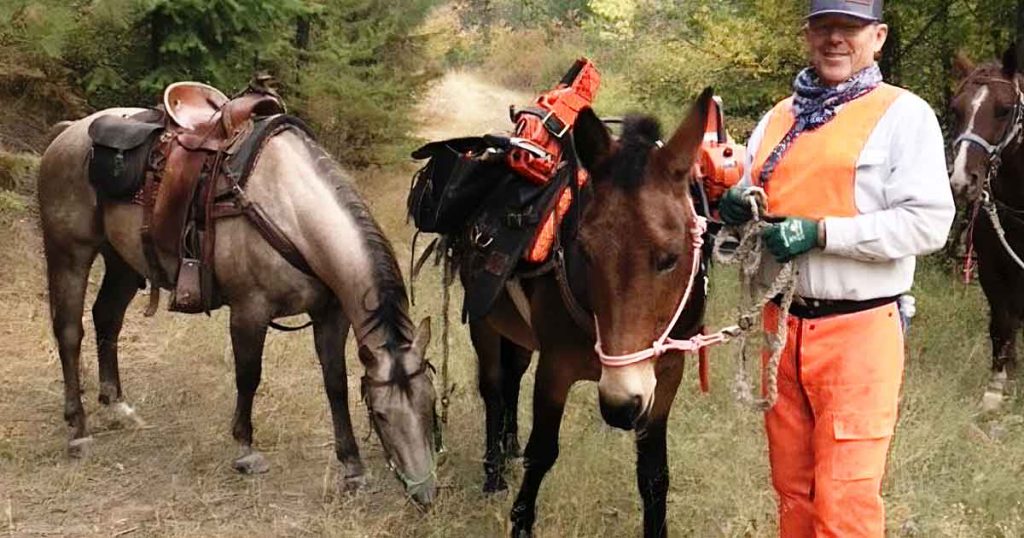
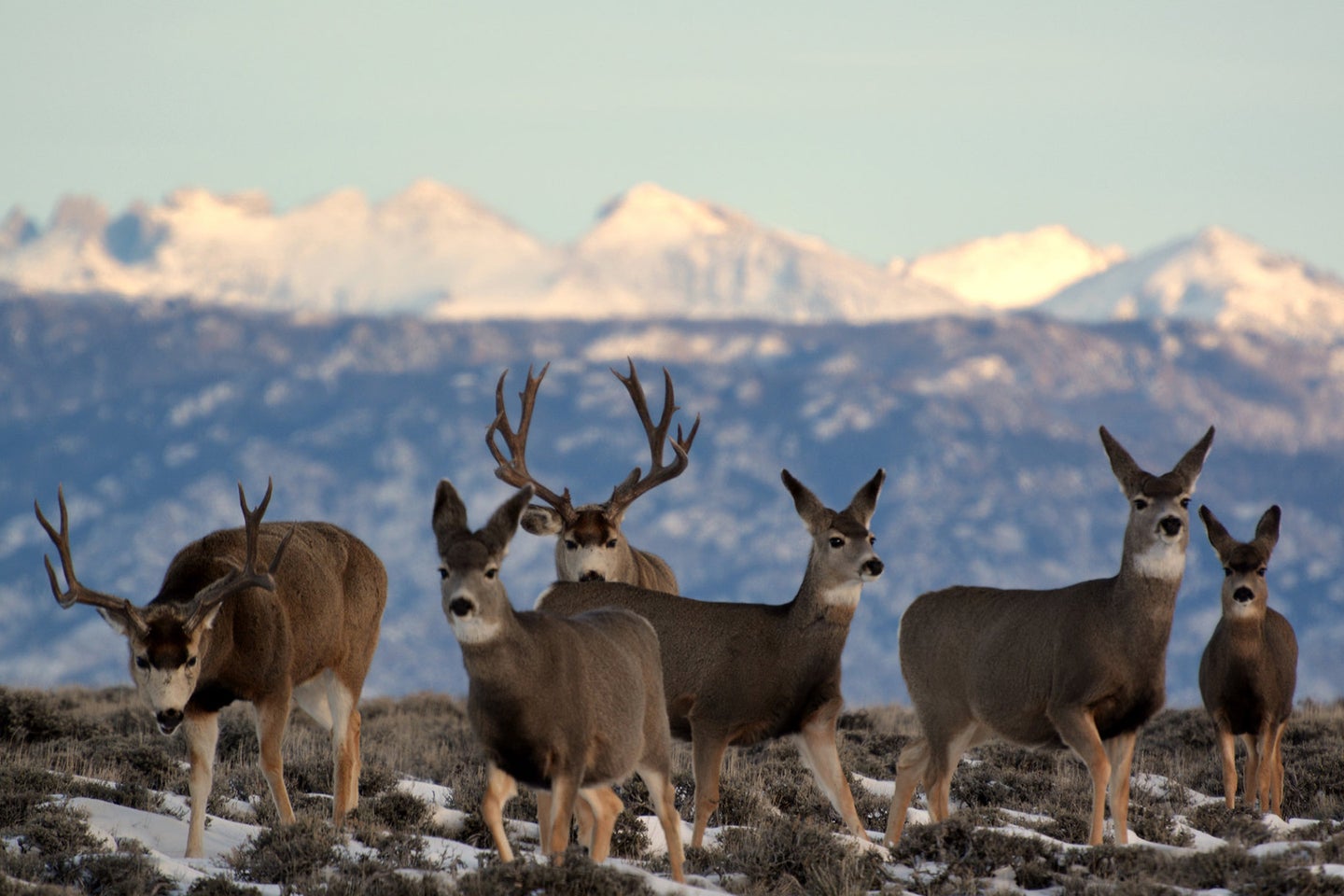
 Rose Lane photo
Rose Lane photo
